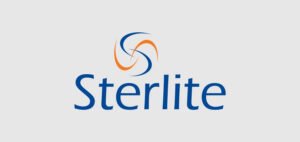Medical technology company Openwater has secured $54 million in new funding, bringing its total capital raised to $100 million. Founded by former Google and Meta executive Mary Lou Jepsen, Openwater is pioneering a novel platform that integrates semiconductor physics, light, and sound to revolutionize healthcare diagnostics and treatments at the cellular level.
Openwater’s innovative approach combines high-resolution infrared imaging, precision-tuned ultrasound, and electromagnetic fields to enable real-time visualization and non-invasive treatment of biological conditions. The company’s technology is designed to target and destroy harmful cells while preserving healthy ones, akin to how a specific sound frequency can break a wine glass without affecting nearby objects. This selective targeting has shown promise in preclinical and clinical studies, including shrinking glioblastoma tumors in mice and aiding in the treatment of severe depression in humans.
Adopting an open-source model and leveraging manufacturing techniques common in consumer electronics, Openwater aims to significantly cut costs and development time typically associated with medical devices. The company believes it can bring products to market in under three years, a stark contrast to the industry average of 13 years.
Jepsen, who previously founded the non-profit One Laptop per Child, is focused on democratizing advanced healthcare. “We’re creating tools using light and sound to diagnose and heal at the cellular level. Our goal is to make advanced healthcare accessible to everyone, everywhere,” Jepsen stated.
The latest funding round includes contributions from Plum Alley Ventures, Khosla Ventures, BOLD Capital Partners, Esther Dyson, and musician and activist Peter Gabriel, who was also pivotal in the company’s creation. Plum Alley Ventures’ Deborah Jackson highlighted the potential of Openwater’s platform to revolutionize medical innovation, offering a cost-effective and scalable solution that addresses pressing healthcare needs.
Openwater is collaborating with esteemed institutions such as UCLA, the University of Arizona, the University of Pennsylvania, and Brown University to validate its technology across various medical fields.
Read More: Click Here




